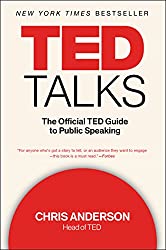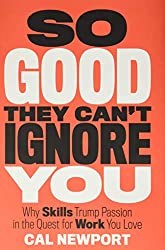
Rating: 7.7/10.
Book that discusses various aspects of how habits work. On a high level, habits have three components: cue, routine, and reward. The cue is a set of conditions, such that you automatically perform a routine in order to get a reward. After a while, you will crave the reward when given the cue, and perform the routine automatically (even if the reward is intermittent).
To change a habit, you can’t just force yourself not to do it, because you will constantly crave the reward. Instead, replace the routine with something else that gives a similar reward but is less harmful. Forcing yourself to do something against habit depletes your willpower, so it’s much better to change the habit, so you do it automatically and retain your willpower.
Large changes are often precipitated by a small “keystone” habit change that catalyze a series of systemic changes. For example, Alcoa, an aluminum company, improved its overall efficiency when it decided to focus on safety. Sometimes a disaster is needed to bring about an systemic change in an organization, like a fire in King’s Cross station or operating on the wrong side of a patient in a hospital. Peer pressure is important, for example it’s a key component in Alcoholics Anonymous and making the black civil rights movement go through.
Overall, pretty interesting read, although I think there’s too much dramatic storytelling and anecdotes; I would’ve preferred more scientific discussion and a bit less storytelling.



